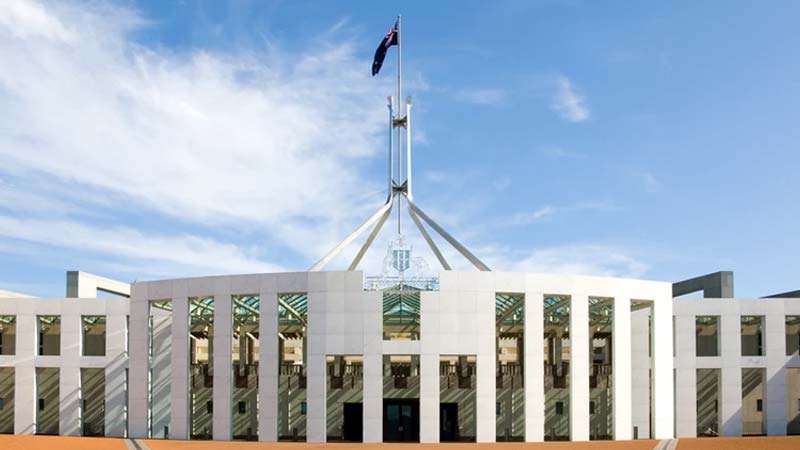Amid the pre-election hype and end of year tax cuts, one thing that has slightly slipped below the radar were the recent changes to superannuation legislation. These changes focus mainly on low balance and inactive accounts which surprisingly equate to over $17 billion in Australia. These changes are intended to make it easier for us all to switch superannuation accounts along with giving retirees and pensioners a better deal.
In February of this year, a number of treasury laws were passed through Parliament as part of the Protecting your Superannuation Package. These changes join other recent changes which were first proposed in the 2018/19 Federal Budget. These changes all came into effect on 1 July 2019. It is worth being familiar with these to see how and when it might impact you.
Lowering of low balance fees
Superannuation accounts classified as low balance (those that have less than $6,000) will have their fees capped at 3%. This is designed to assist in preventing the balance being eroded by fees. While few people will have less than $6,000 in their primary superannuation account, this is to protect dormant or unclaimed funds from having their balance disappear.
Abolishment of exit fees
All super fund exit fees are now banned. Superannuation members lost approximately $52 million in exit fees in 2016/17 alone. This is designed to make it easier for superannuation holders to find a better deal in the market for their superannuation.
Insurance to be automatically cancelled on ‘inactive’ accounts
Insurance can be a big contributor to the erosion of super balances on inactive accounts. And, customers are often not aware these insurances exist. From 1 July insurance on ‘inactive accounts’ will be cancelled. Inactive accounts are classified as those that have had no contributions, or interactions by the account holder in 16 months.
Consolidation of low balance, inactive accounts
Consolidation of super accounts has remained a problem in Australia. Over $17 billion is sitting in unclaimed or lost super funds1. This happens as people change jobs and fail to consolidate their super or notify their employer of their preferred account.
Superannuation accounts which have not received a contribution in more than 16 months and also have balances below $6,000 are known as ‘inactive, low balance’ accounts. These will be transferred to the Australian Taxation Office (ATO), who will attempt to consolidate the amounts into the appropriate member’s active account. These accounts will begin to be consolidated on 31 October 2019.
If the ATO cannot manage to auto-consolidate a balance into a member’s active account, the balance will remain with the ATO until it can be validly claimed (rather than with the super fund). If you are out of the workforce for 16 months and not making contributions to your account, you will need to inform your super fund that you want your super balance to remain in fund. But only if your balance is below $6,000.
Making sure employees get their super on time
As we mentioned in our article last month, from 1 July 2019, the Single Touch Payroll system will be mandatory for all employers. This means the ATO will have up-to-date information on how much super employers owe and have paid to their employees.
This is good news for employees whose employers have a habit of delaying or failing to pay their super obligations. The ATO can now also apply for court-ordered penalties for employers who defy directions to make compulsory contributions on behalf of their employees.
Retirees can earn more without impacting pension payments
The Pension Work Bonus will increase to $300 per fortnight, from $250. This allows pensioners to earn up to $300 each fortnight without impacting their eligibility for Age Pension payments.
Allowing retirees to make voluntary contributions in the first year of retirement
Retirees aged between 65 and 74 with a superannuation balance below $300,000 will be allowed to make voluntary super contributions for the first year that they no longer meet the work test requirements.
Expansion of the Pension Loan Scheme
The Pension Loan Scheme is designed to allow aged pensioners to boost their income with a loan from the government against the equity in their home. The changes mean that after 1 July 2019, for singles, they can receive $11,799 per year, and for couples, $17,787 per year, paid in fortnightly payments to supplement existing income. These payments are a loan with the government and attract interest.
These raft of superannuation changes are in a bid to give Australian’s better control over their superannuation. It is never too early or late to get on top of your own superannuation. It also pays to seek quality advice so that your money is working for you, and not someone else, for the long-term.
How we can help
If you want to sort out your superannuation or retirement income, we can help. Our financial planning team can help you consolidate your super, make tax-effective super contributions and work out appropriate retirement income streams to suit your lifestyle.
Saige is a leading Accounting and Financial Planning business located on the Central Coast. We help businesses and individuals at all stages of their life to achieve their financial goals.
Sources:
Check now for your share of $17.5b in lost super, ATO, 11 Oct 2018 [www.ato.gov.au/Media-centre/Media-releases/Check-now-for-your-share-of-$17-5b-in-lost-super]




